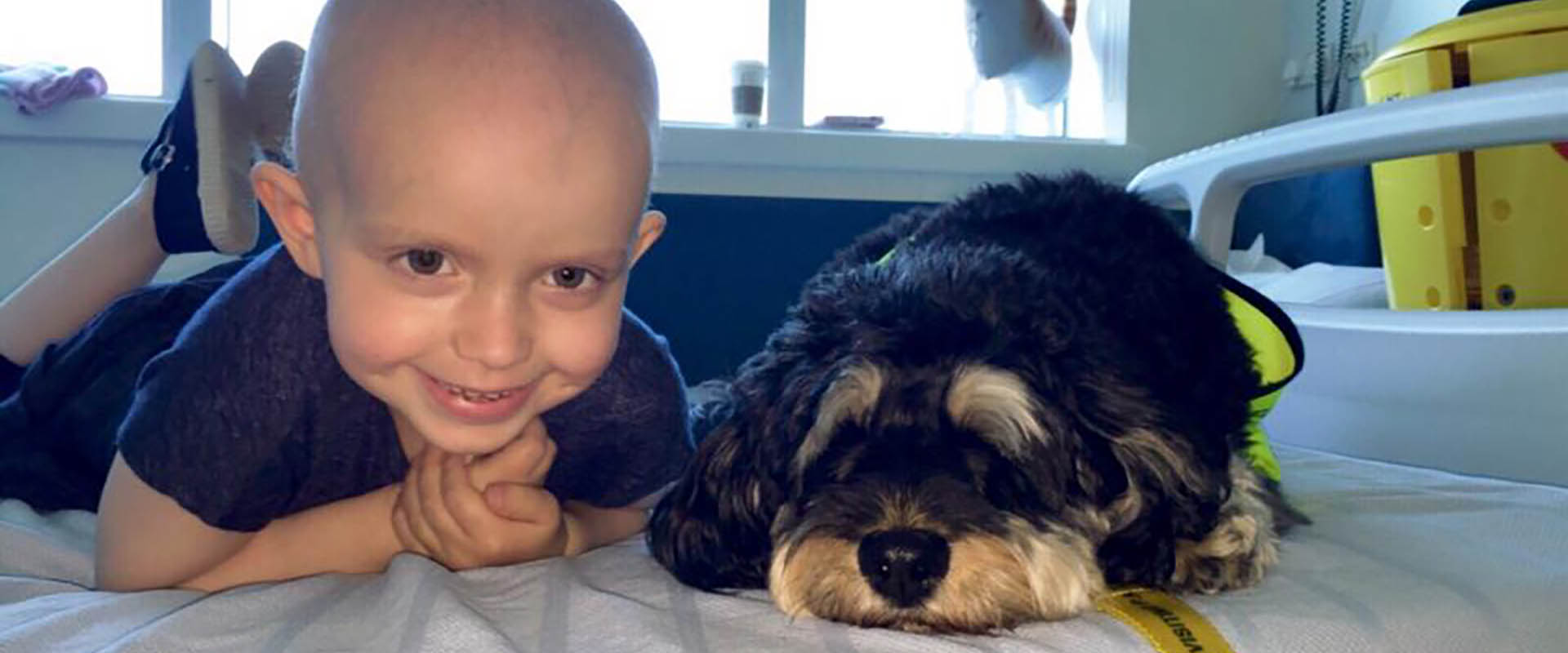
The REDMAPP research study is now closed.
This study explored how parents made a series of repeated treatment-related decisions when their child had relapsed or refractory neuroblastoma. This information was used to develop a website for parents to support their decision-making. Please visit www.redmapp.org.uk to access this website.
What is the REDMAPP study?
The REDMAPP research study aims to explore and understand how parents make a series of repeated treatment-related decisions when their child has relapse or refractory neuroblastoma. This information will be used to inform an intervention which parents can use to support their decision-making.
This website has been designed for parents to learn more about the REDMAPP study and how they could be involved.
The study will consist of 2 phases. In phase 1, parents who are making treatment decisions when their child has relapsed or refractory neuroblastoma can take part in an interview (discussion with the researcher) about how they reached their decisions on what treatment to opt for. This information will inform phase 2 of the study. In phase 2, an intervention will be developed and tested to see how useable it is in supporting parents who are making multiple difficult treatment decisions.
What does REDMAPP stand for?
REDMAPP is an acronym for RElapse/REfractory Decision MAking Parent Process. The underlying message: RED to reflect the seriousness of neuroblastoma which has relapsed or not responded to standard treatment; MAPP to reflect mapping treatment decision-making over time. The REDMAPP acronym and study logo were developed by the Patient Public Involvement Group (see PPI page). Creating identity of the study was important to support the developments from the outset (and hopefully is easy to remember!)
Why is this study needed?
When a child is diagnosed with neuroblastoma, there is a treatment protocol which guides parents and healthcare professionals through what treatment to give and when. Unfortunately if the disease returns, there is no protocol to follow for relapsed neuroblastoma and limited protocols for refractory neuroblastoma. This means parents are presented with various treatment options which can be frequently revisited depending on the child’s response to treatment. As a result, parents often make a series of repeated complex decisions about treatment.
There has been research looking at parent treatment decision-making when their child has cancer. This includes parents who are considering participating in a clinical trial or opting to manage symptoms without cancer-directed treatment and the discussions between parents on how decisions are reached. There is no research which has looked at how parents make repeated decisions and how those decisions may change over time as their child’s illness changes.
Interventions can be developed to support people in a variety of situations. In healthcare, interventions which have been developed include: 1) Communication tools to support discussions and exchange of information for difficult conversations between patients and professionals; 2) Interactive chatbot or apps which provide a conversation system to ask questions and access information. Given the complex treatment-related decisions parents are making, developing an intervention which supports their decision-making is warranted.
